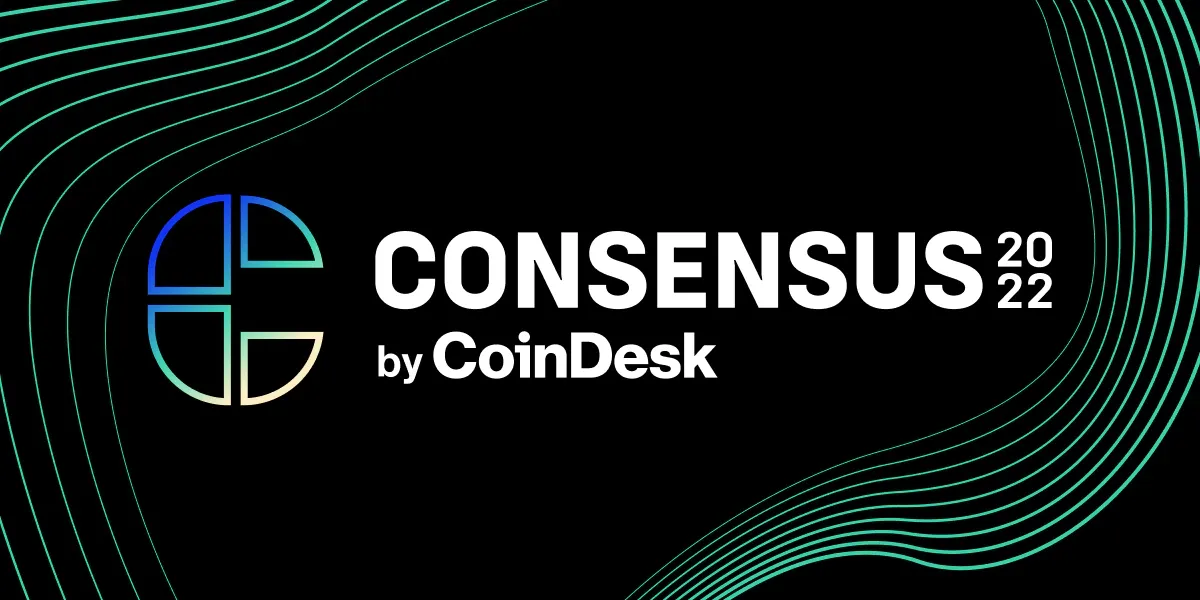UniLayer Network Interoperability Shines At Consensus 2022

"Interoperability was one of the hottest topics at the Consensus 2022 conference in Austin, Texas, in early June. Connecting the world’s blockchains attracted discussion from executives at top projects such as Polygon, Cosmos, Akelar, We Meta, and up-and-coming layer -1 scaling solution, UniLayer Network."
- TechBullion
Indeed, the consensus at Consensus seemed to be that interoperability has become a critical objective as we move toward a decentralized Web3 future.
As part of the four-part series on scaling the multichain ecosystem, Sandeep Nailwal, Co-Founder of Polygon, noted the importance of linking different blockchains to improve blockchain efficiency and expand networks.
This was echoed by Nailwal’s fellow panelists Billy Rennekamp of Cosmos, Nate Hamilton of Moonbeam, and Galen Moore of Axelar, all of whom emphasized the need for a fully interoperable cross-chain ecosystem if Web3 is to become a reality.
Interoperability was also a key issue among thought leaders in the burgeoning metaverse space, where executives lamented the inability to move NFTs from one virtual land to another.
It seems UniLayer was on everyone's minds.
"Though crypto enthusiasts will likely be familiar with long-standing protocols like Cosmos and Polkadot, the Blockchain space welcomes a new generation of interoperability solutions. One of these emerging players is UniLayer, a layer-1 (L1) Blockchain that can natively integrate with any other type of Blockchain. UniLayer embeds nodes inside every host chain, enabling a one-of-a-kind interoperability solution that transfers data and assets across independent chains without oracles or complex backend systems." -CryptoNewsZ
Watch the full session of "UniLayer at Consensus 2022: The Cross Chain Future" right here.
“There is a layer-1 blockchain: a foundational layer for all other integrated chains. So our solution embeds master notes in every blockchain that we interact with, and these allow us to layer networks to validate all transactions between chains natively on our own chain. That’s why we’re building a layer-1 solution for these. This solution is the beginning of the omnichain future. And we’re really excited to be here.”
It’s a question, Belets added, of going physically to another chain and injecting nodes of that chain on your own. “You have to be in the other chain, or the data from it isn’t accessible, of course. Inject nodes from the other chain inside your own. And then develop the logic to process it.”
Belets insists: “When we transfer data from one chain to another based on level one logic, it means that each data movement will be treated as a transaction after reaching consensus, and this is something I really want you to keep in mind. This is what I mean when I talk about native integration.”
"Blockchain technology remains in its very early days so it is only natural that it will continue to evolve, innovate and improve over the coming years and decades. One area that is in desperate need of innovation is interoperability. The inability of users to transfer data and assets efficiently across networks is “at the heart of security issues” that plague the industry, according to Alex Belets, the CEO of interoperability crosschain protocol, Unilayer. - Invezz News
Join the UniLayer Network newsletter here, to stay up to date on all the upcoming news and events.

